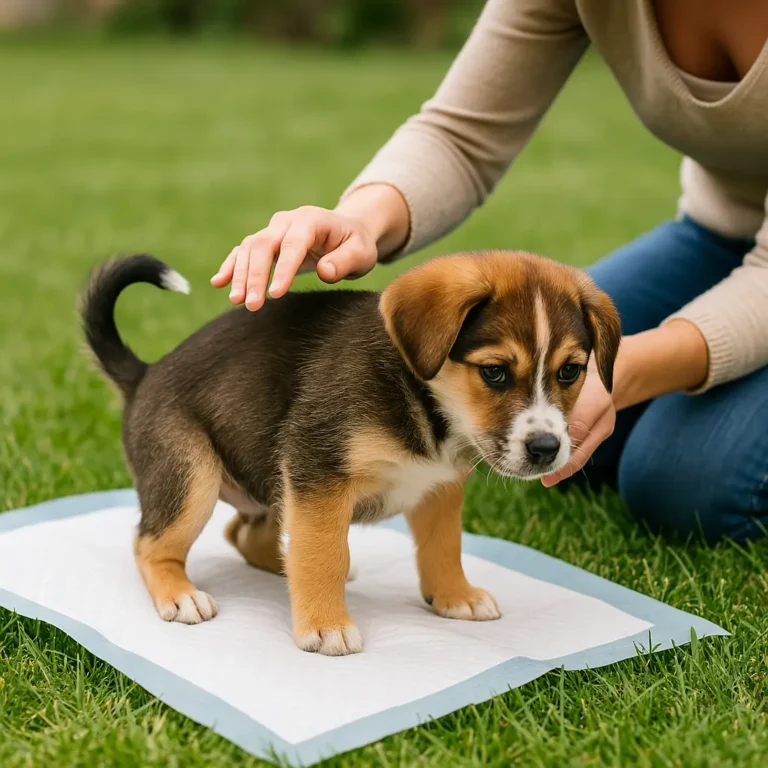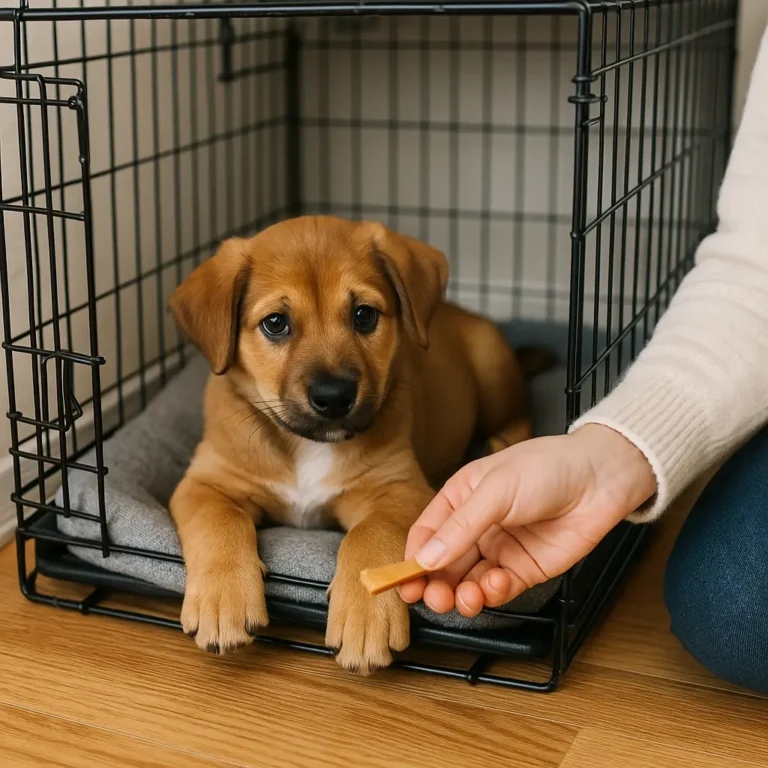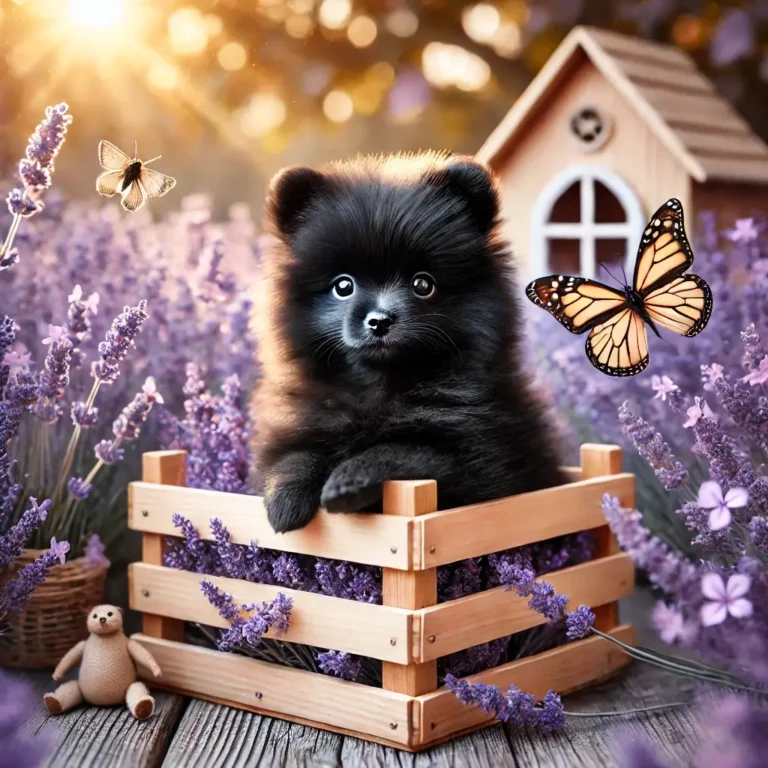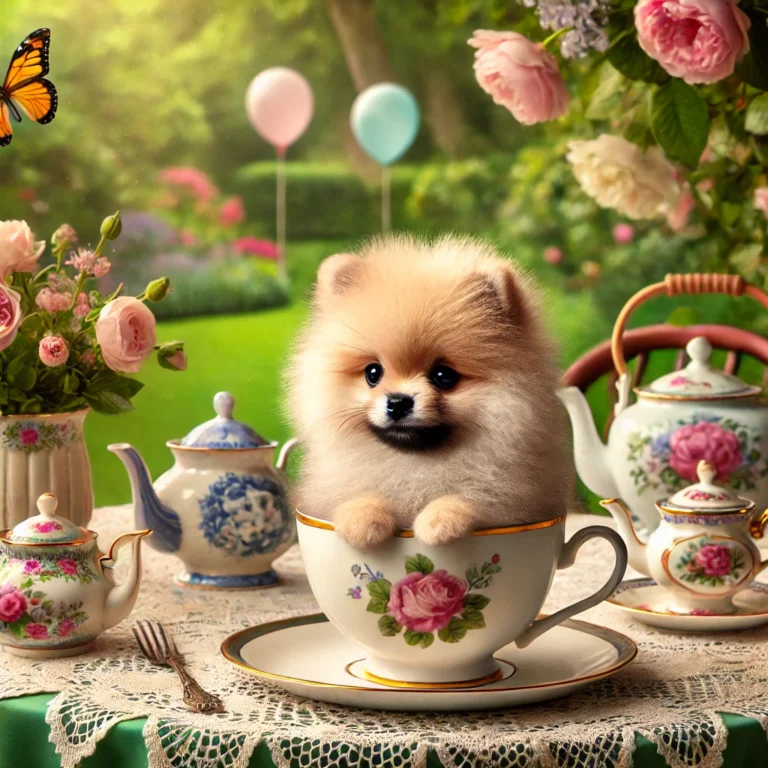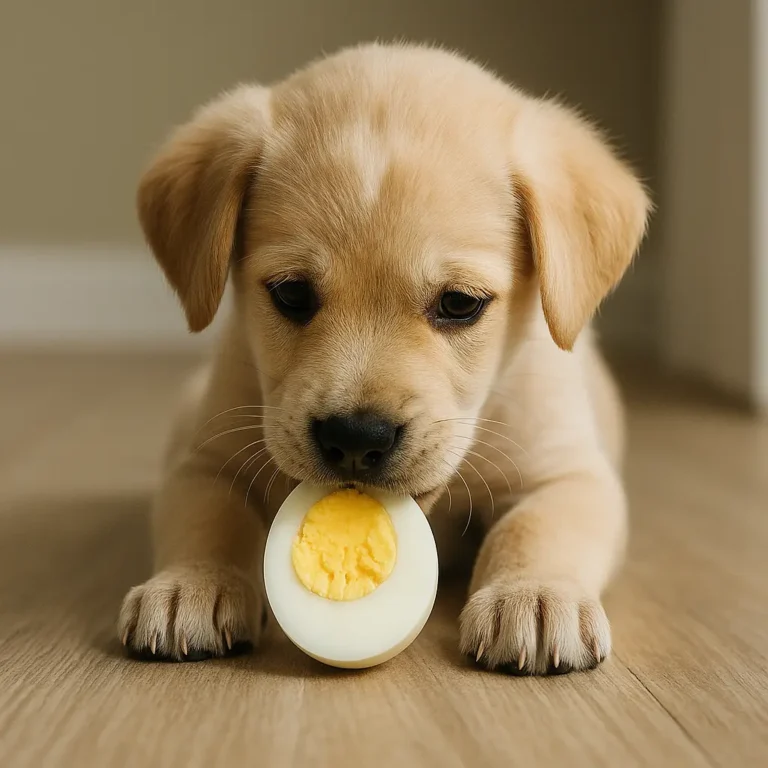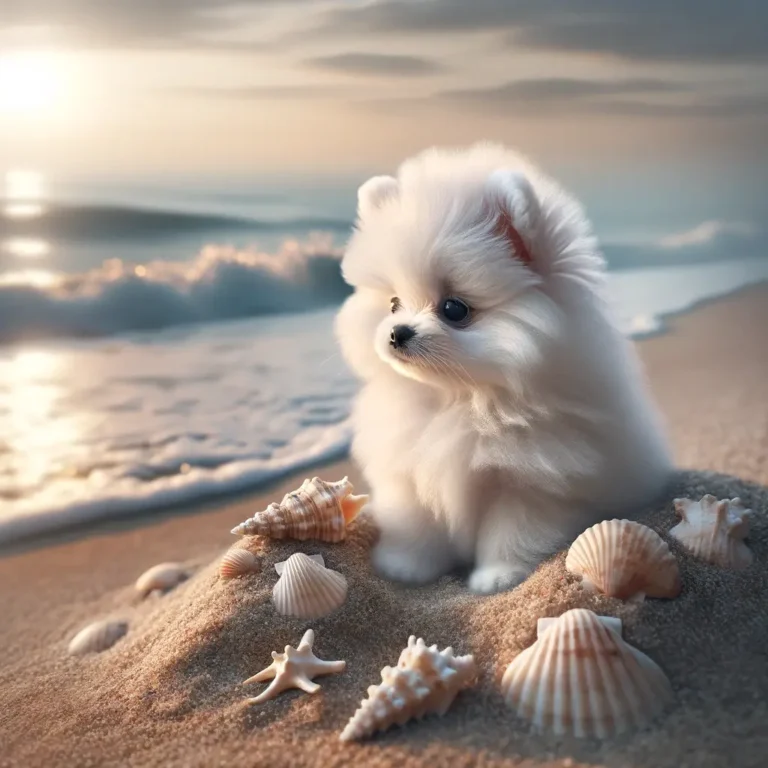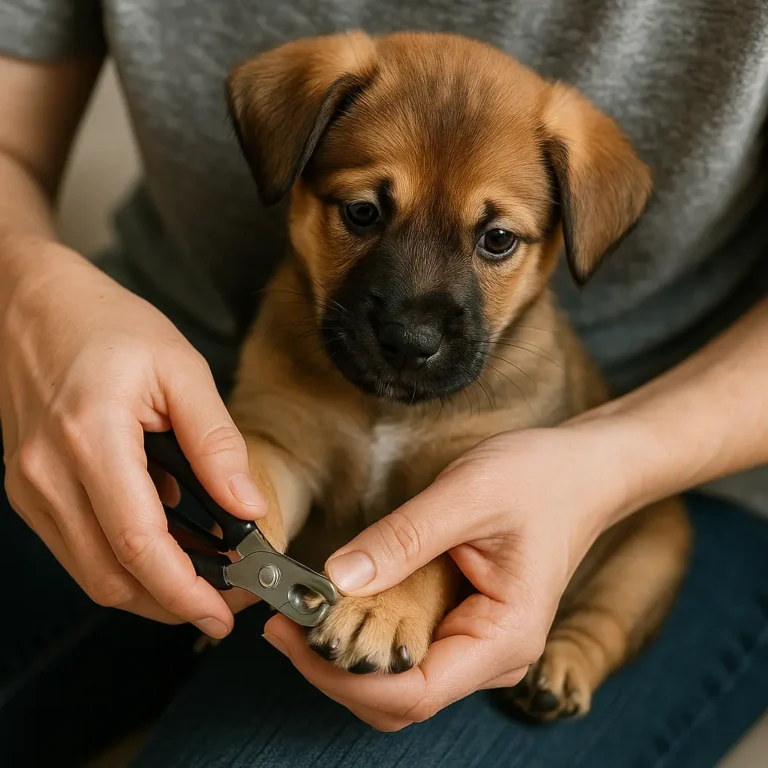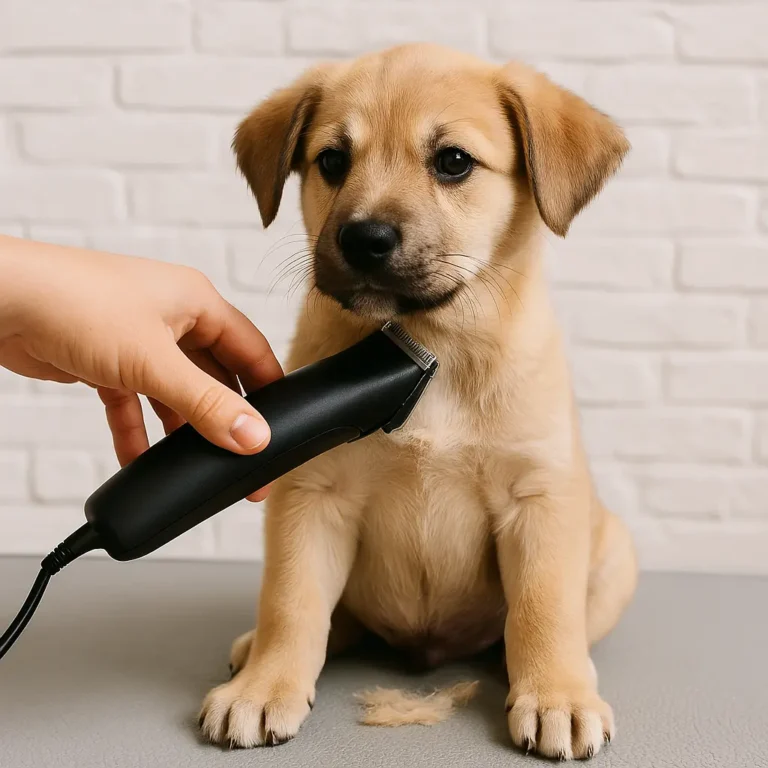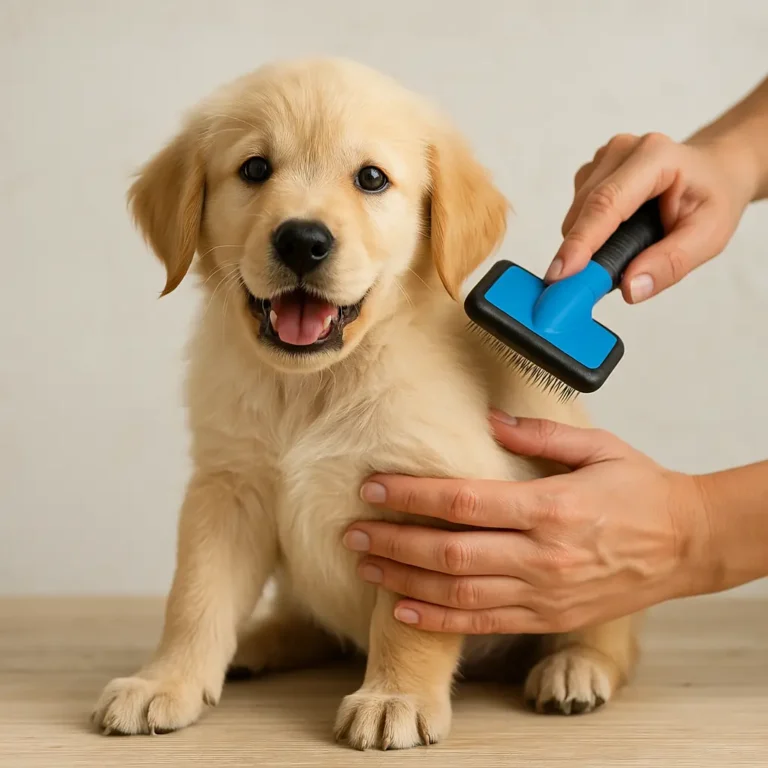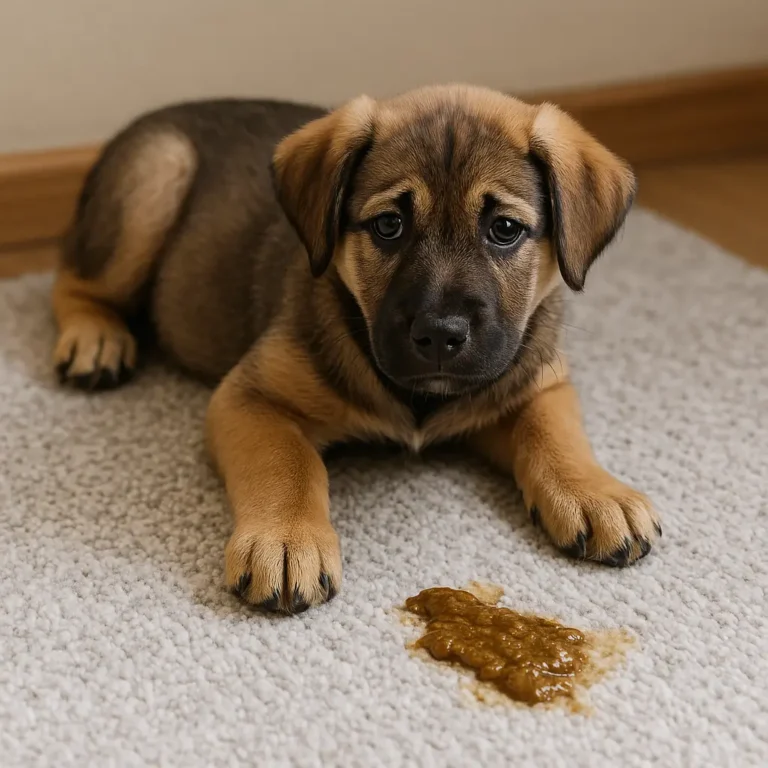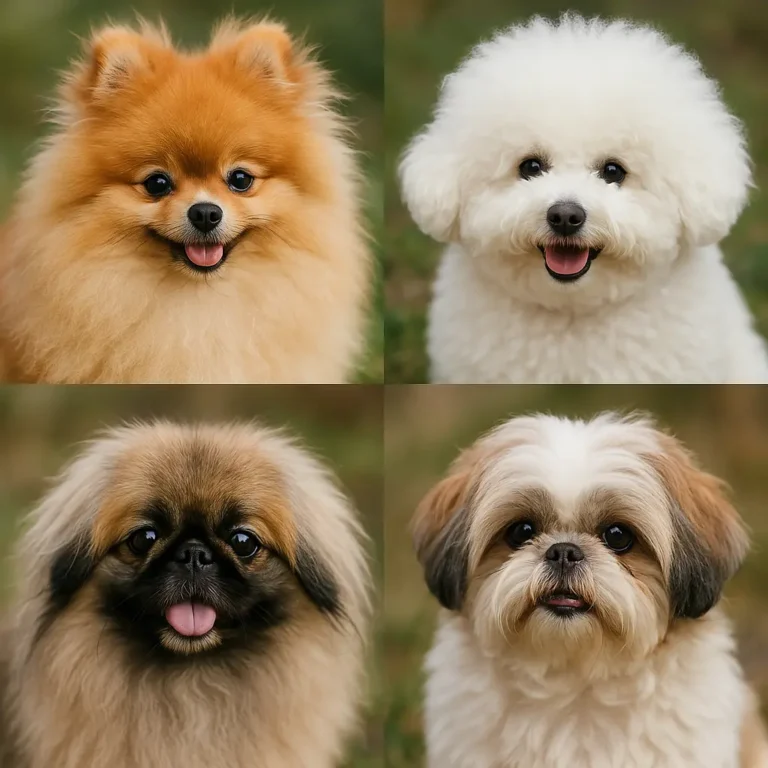Pomeranian Dog
Pomeranian: The Adorable Fluffy Companion You’ll Love!
The Pomeranian is one of the most popular toy dog breeds, known for its fluffy coat, lively personality, and compact size. Despite their small stature, they are full of confidence and charm, making them great companions for families, singles, and seniors. Originating from the Spitz family, this breed has a rich history and a striking resemblance to larger sled dogs.
Pomeranians are intelligent, playful, and affectionate. They form strong bonds with their owners and thrive in loving environments. Their small size makes them ideal for apartment living, but they still require regular exercise and mental stimulation.
These types of dogs come in a variety of colors, including orange, black, white, and even merle. Their double coat requires consistent grooming to maintain its fluffy appearance. If you’re looking for a small dog with a big personality, the Pomeranian is the perfect choice!

Pomeranian Puppies: What to Expect When Bringing One Home!
Pomeranian puppies are incredibly tiny, energetic, and full of curiosity. They love to explore their surroundings and quickly form attachments to their owners. Early socialization and training are essential to ensure they grow into well-behaved adult dogs.
These puppies require frequent feeding due to their fast metabolism. A balanced diet and proper care are crucial to prevent hypoglycemia, a common concern in small breeds. Regular veterinary check-ups and vaccinations help maintain their health.
Breed Traits
Pomeranians are small but fearless, energetic, and affectionate. They are known for their fluffy coats, high intelligence, and alert nature. These dogs are social, making them great companions for families and individuals alike.
A healthy Pomeranian can live between 12 to 16 years. Providing proper nutrition, exercise, and veterinary care will ensure a long, happy life for your Pomeranian companion.
Pomeranians stand between 6 to 7 inches tall at the shoulder. Their small stature makes them perfect lap dogs, but they still need plenty of activity to stay fit and healthy.
The average weight of a Pomeranian ranges from 3 to 7 pounds. They are one of the smallest toy breeds, but they have a big personality packed into a tiny frame.
Pomeranians thrive in loving homes with plenty of attention. They do well in apartments or houses as long as they receive regular exercise and mental stimulation.
Breed Characteristics
Pomeranians are alert, intelligent, and highly affectionate. Their curly tails, thick fur, and perky ears give them a distinctive appearance, making them one of the most recognizable toy breeds.
Pomeranians are great family pets but do better with older children who understand how to handle small dogs gently. They form strong bonds with their human family members.
With a plush double coat, foxy face, and bright eyes, the Pomeranian is truly irresistible. Their thick fur and small, sturdy body make them both elegant and lively.
Pomeranians are friendly and social but can be wary of strangers. They love being the center of attention and enjoy playing with their human family and other pets.
Despite their small size, Pomeranians are confident, bold, and curious. They have a lot of energy and love to explore, making them entertaining and fun-loving companions.
Training a Pomeranian: Tips for Obedience & Socialization
Training a Pomeranian requires patience, consistency, and positive reinforcement. These dogs are highly intelligent but can be a bit stubborn, so early training is essential.
Socialization with other dogs and people helps them develop a well-rounded temperament. Basic commands like sit, stay, and come should be introduced early. Since they are prone to excessive barking, teaching them a “quiet” command can be useful.
Crate training is beneficial for housebreaking, and short, engaging training sessions will keep them interested. With the right approach, Pomeranians can quickly become well-behaved, obedient pets.
Pomeranian History & Facts
Pomeranians originated from the Spitz family and are descendants of large sled dogs from Northern Europe. Over time, they were bred down in size to become the small, fluffy companions we know today.
Queen Victoria played a significant role in popularizing the breed in the 19th century, favoring smaller Pomeranians and influencing their modern appearance.
Today, Pomeranians are one of the most beloved toy dog breeds worldwide, adored for their intelligence, fluffy coats, and affectionate nature. Their rich history and royal connections make them a truly special breed.
Queen Victoria owned a Pomeranian, making the breed famous worldwide.
Pomeranians love to bark and "talk" to their owners.
Their bright eyes and fluffy coat resemble a tiny fox.
Pomeranians are quick learners and can easily be trained in agility.
Despite their small size, they make excellent watchdogs.
Pomeranian Dog Popular Mix Breeds: Which Ones Stand Out?
There are many popular Pomeranian mix breeds, including:
Pomeranian Husky Mix (Pomsky) – A fluffy combination of intelligence and energy.
Pomeranian Chihuahua Mix (Pomchi) – A tiny, playful hybrid with lots of personality.
Pomeranian Poodle Mix (Pomapoo) – An intelligent, hypoallergenic mix.
Pomeranian Shih Tzu Mix (Shiranian) – A loving and affectionate lap dog.
Each mix has its own unique traits, making them adorable, fun-loving companions!
Ideal Diet for Your Pomeranian
The Pomeranian requires a balanced diet rich in high-quality protein to support its small size and energetic nature. A diet containing chicken, turkey, or fish helps maintain muscle strength and overall health. Omega-3 and omega-6 fatty acids support a shiny, healthy coat and skin health. Portion control is essential for small breeds to avoid obesity, especially since Pomeranians are prone to gaining weight. Avoid artificial additives and excessive grains, which may cause digestive issues. Feeding them two small meals per day ensures they get consistent energy and maintain optimal health.
Pomeranian Breed Behaviour: What to Expect
The Pomeranian is a lively, playful, and affectionate breed. Despite their small size, they have big personalities and love being the center of attention. These dogs are curious, intelligent, and tend to be very social. Pomeranians make great companions, particularly for active families and singles.
Alertness
Protectiveness
Prey drive
Aggressiveness
Barking level
Trainability
Mental stimulation needs
Intelligence
Pomeranian Dog Cross – Popular Mix Breeds
The Pomeranian is often crossed with other small breeds to create adorable hybrids. Popular Pomeranian mixes include the Pomeranian Husky Mix (Pomsky), Pomeranian Shih Tzu Mix (Shiranian), and Pomeranian Chihuahua Mix (Pomchi). These hybrids inherit the Pomeranian’s loving and energetic personality, while adding traits such as different coat textures, energy levels, and sizes from the second breed. Pomeranian mixes are known for their playful nature, small size, and great adaptability to different living situations. Early training and socialization ensure they grow into well-behaved, friendly companions for families and individuals.
Grooming Needs of the Pomeranian
The Pomeranian has a thick double coat that requires regular grooming to prevent matting and shedding. Brushing 3–4 times a week helps manage seasonal shedding and keeps their coat healthy and shiny. Since Pomeranians are moderate shedders, extra attention is needed during the shedding seasons. Bathing should be done once a month using a mild, hypoallergenic shampoo to maintain skin and coat health. Regular nail trimming, ear cleaning, and dental care are essential to keep your Pomeranian clean and healthy. Grooming is important to ensure they stay comfortable, fresh, and well-groomed.
Physical Attributes of the Pomeranian: A Look at Their Adorable Features
The Pomeranian is a small dog with a fox-like face, pointed ears, and a fluffy double-layer coat. They typically weigh between 3–7 pounds and stand about 7–9 inches tall. Despite their small size, their lively, confident personality makes them appear larger than life. Their bright eyes and plumed tail add to their distinctive appearance, and they’re known for their charming, alert nature.
Breed Size
Colours
Coat
Drooling
Snoring
Exercise Needs
Grooming Needs
Aggressiveness
Common Health Issues in the Pomeranian and How to Prevent Them
The Pomeranian is generally a healthy breed, but they can be prone to certain issues like dental problems, patellar luxation, hip dysplasia, and heart conditions. Their small size makes them more susceptible to hypoglycemia (low blood sugar), especially in puppies. Regular dental care is essential, as small breeds often suffer from tooth decay. Monitoring their weight and providing a healthy diet can help prevent obesity, which exacerbates joint problems and heart disease. Early vet check-ups and maintaining proper exercise are key to their long-term health.
Is the Pomeranian Small, Medium, or Large?
The Pomeranian is classified as a small breed. Typically, they weigh between 3 to 7 pounds and stand at 7 to 9 inches tall. Despite their small size, they are energetic, lively, and often have a larger-than-life personality. Their small frame makes them suitable for apartment living, but they still require regular exercise and mental stimulation. Because of their small size, they can be more vulnerable to injuries if not handled properly, so they need to be treated with care. Socialization and training are also important for ensuring they are well-adjusted pets.
Pomeranians faq
How long do Pomeranians live?
Are Pomeranians good for families?
How much grooming does a Pomeranian require?
Do Pomeranians bark a lot?
Are Pomeranians easy to train?
Are Pomeranians hypoallergenic?
Do Pomeranians get along with other pets?
How much do Pomeranians weigh?
How Long Do Pomeranians Live?
The Pomeranian has a life expectancy of 12–16 years. Regular vet visits, a balanced diet, and sufficient exercise are essential for keeping them healthy throughout their life.
The Pomeranian is an ideal choice for anyone looking for a small, lively, and affectionate companion. Their playful personality, adorable appearance, and easy adaptability make them perfect for both individuals and families. With proper grooming, exercise, and training, a Pomeranian will be a loving and loyal companion for years to come.





